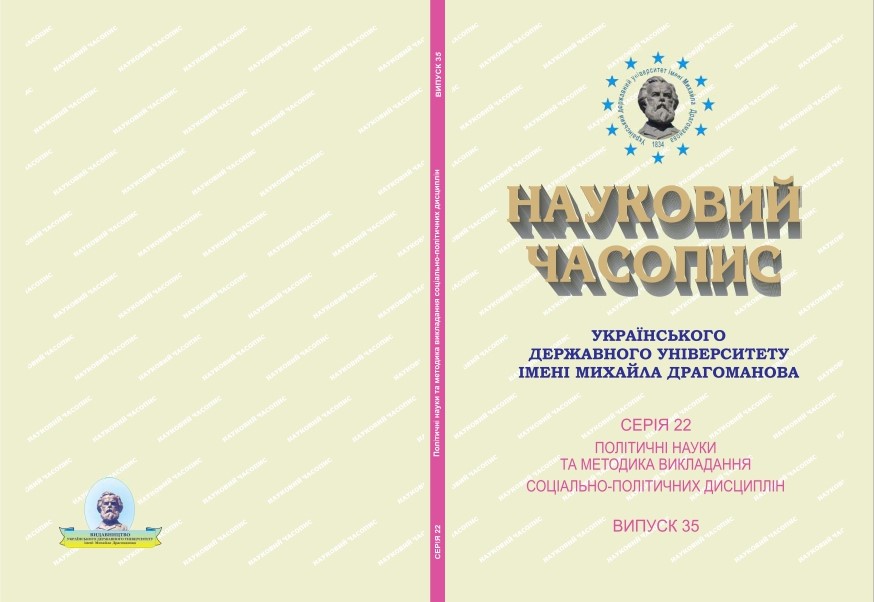Civic Consciousness And Patriotism Of Youth In The Context Of Academic Mobility
DOI:
https://doi.org/10.31392/UDU-nc.series22.2024.35.07Keywords:
civic consciousness, patriotic education, academic mobility, "soft" power of politics, paradoxes of democracy, identity politics, student youth, globalization of educational space.Abstract
The article analyzes some of the challenges facing modern politics in the field of establishing Ukrainian national and civil identity in war conditions. The focus is on student academic mobility, which is still ambiguously assessed in the expert environment, especially in the context of patriotic education. The departure abroad of millions of Ukrainian citizens, including young people, reinforces some prejudices about the actual tasks of international student exchange programs, scientific internships, educational practices, etc. However, along with other challenges and paradoxes of democracy, this very specific human right to freely acquire knowledge and competence in the open world may well contribute to strengthening national stability and civic culture.
The aim of the article is to outline the following: the impact of academic mobility on civic awareness and patriotism; the normative understanding of such mobility and the policies of civic identity in the current legislation of Ukraine; specific aspects of international educational programs for youth; recommendations for further strengthening the relationship between the needs of national resilience and the modern demands of young people for mobility. The writing process involved methods such as the analysis of official documents, comparison of sociological survey data, systematic and structured approaches in studying various program opportunities available to contemporary students, as well as their alignment with the current objectives of policies aimed at strengthening national resilience and fostering patriotism in the context of war.
A strategic and responsible approach to the development of civic consciousness and patriotic education requires a favorable regulatory framework and experience in its effective implementation. Supporting young people in parallel conditions of war and further globalization of the educational space requires uniting the efforts of specialists in various fields of politics: educational, cultural, informational, security, social and others.

